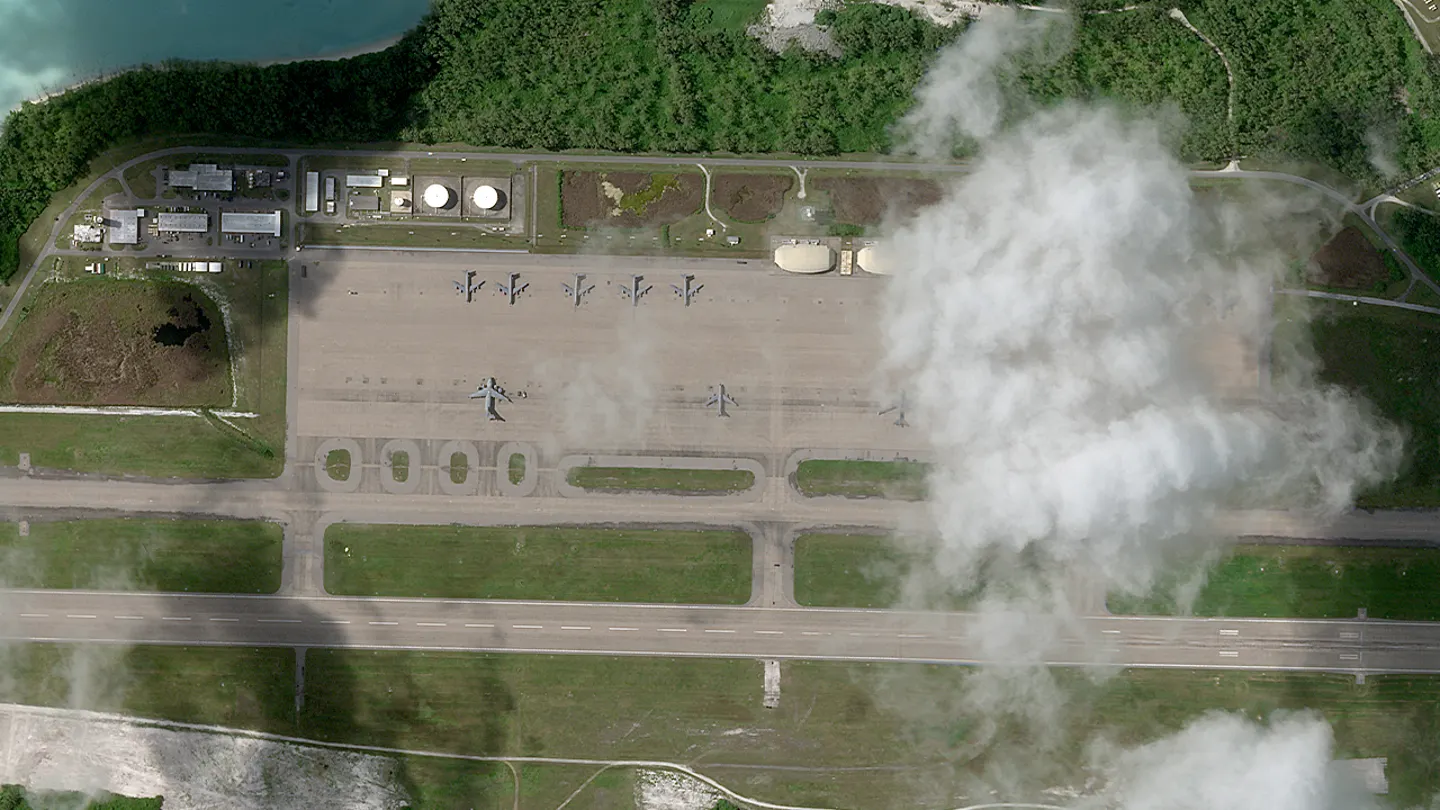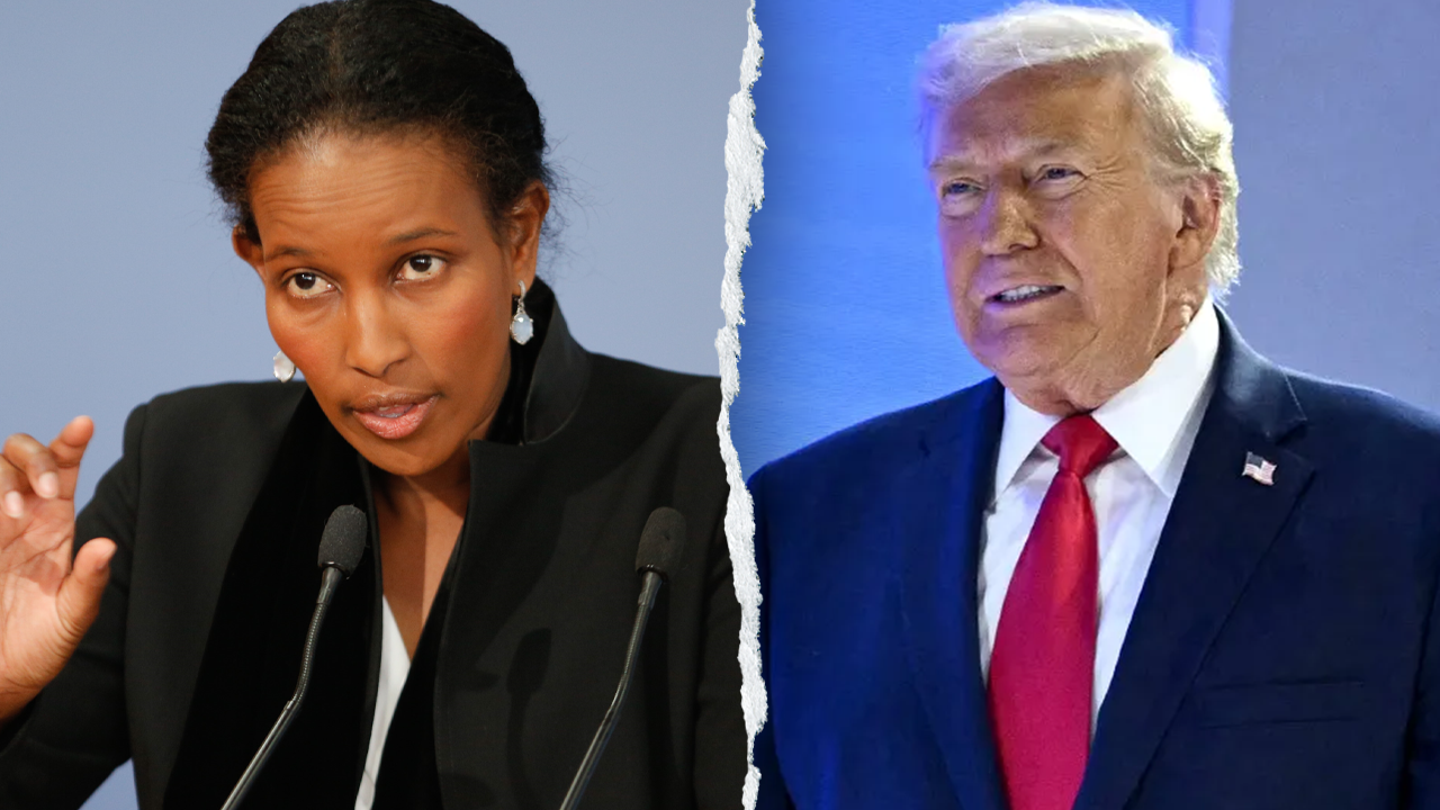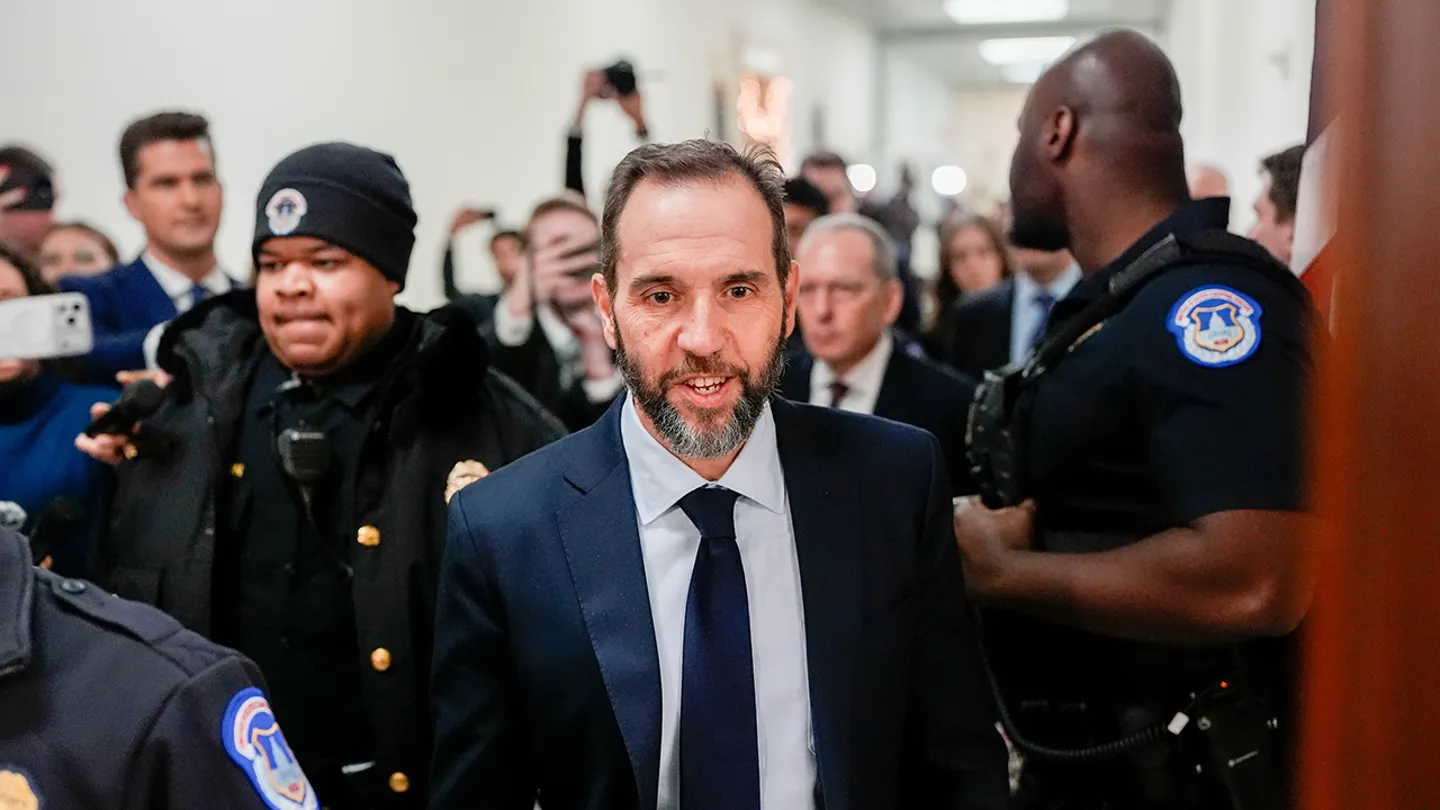A group of U.S. lawmakers met with Tibetan spiritual leader the Dalai Lama in India on Wednesday, a move likely to anger China.
The visit came as President Joe Biden appears poised to sign a bill pressuring Beijing to resolve tensions with Tibet and protect the region’s native Buddhist culture.
The bipartisan delegation of seven lawmakers, which was led by Rep. Michael McCaul, R-Texas, and also included former House Speaker Nancy Pelosi, D-Calif., arrived Tuesday in Dharamshala, a Himalayan town in northern India where the Dalai Lama, 88, has lived in exile since fleeing China in 1959 after a failed Tibetan uprising against Chinese rule.
“It is still my hope that one day the Dalai Lama and his people will return to Tibet in peace,” McCaul said after the meeting, according to Reuters.
McCaul said Tuesday that Biden would soon sign a bill passed by Congress last week that presses Beijing to resume negotiations with the Dalai Lama and other Tibetan leaders that have been frozen since 2010, and to address Tibetan people’s concerns about their cultural, religious and linguistic autonomy.
“This bill says to the Chinese government: things have changed now, get ready for that,” Reuters quoted Pelosi, whose 2022 visit to the Beijing-claimed island of Taiwan prompted China to encircle the island with live-fire military drills after she left, as saying Wednesday.
The lawmakers’ meeting with the Dalai Lama is likely to irritate Beijing at a time when the U.S. and China are trying to improve relations. Beijing views the 1989 Nobel Peace laureate as an anti-China “separatist,” which he denies, and opposes any contact with him by foreign officials.
The Chinese Foreign Ministry said Tuesday that affairs related to Tibet were an internal Chinese matter and that China would take “resolute measures” to defend its sovereignty, security and development interests.
“We urge the U.S. side to adhere to its commitments of recognizing Tibet as part of China and not supporting ‘Tibet independence,’” spokesperson Lin Jian said at a regular news briefing in Beijing. “The U.S. must not sign the bill into law.”
The Dalai Lama is traveling to the United States this month for medical treatment for his knees, his office earlier announced. It is unclear whether he will meet with any U.S. officials during the trip.
Until the presidency of Donald Trump, the Dalai Lama had met with every sitting U.S. president since George H.W. Bush. Biden, who criticized Trump during the 2020 campaign over his failure to meet with the Tibetan spiritual leader, has not met with the Dalai Lama since taking office in 2021.
The lawmakers’ meeting with the Dalai Lama “seeks to compensate for the Biden administration’s reluctance to speak up on Tibet,” said Brahma Chellaney, a professor emeritus of strategic studies at the Center for Policy Research, a think tank in New Delhi.
“The U.S. and India need to work together, including countering China’s disinformation on Tibet and foiling its plan to install a puppet as the next Dalai Lama,” he told NBC News in an email.
Like the U.S., India recognizes Tibet as part of China, even as it hosts the Tibetan exiles.
McCaul said Wednesday that the U.S. would not allow China to interfere in the process of naming a successor to the Dalai Lama, who is believed to be a reincarnation of the Buddha, upon his death.
There is already a dispute over who is the rightful Panchen Lama, the second-most important figure in Tibetan Buddhism, after the Dalai Lama and the officially atheist Chinese government identified two different people as reincarnations in 1995.
Activists say the Dalai Lama’s choice, a 6-year-old child, was kidnapped by the Chinese government days after being named and has been forcibly detained ever since.
China says Tibet has prospered and modernized under Communist Party rule, pointing to the construction of highways, high-speed railways and other infrastructure and the promotion of tourism.
Critics argue that has come at the cost of the erasure of Tibetan culture, language and religion as Beijing “Sinicizes” the remote, mountainous region, which it annexed in the 1950s.
“Such infliction of suffering and oppression on the Tibetan people by the Chinese Communist Party authorities is unparalleled and unprecedented,” Penpa Tsering, president of the Tibetan government-in-exile, said last year.




